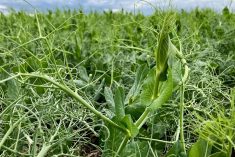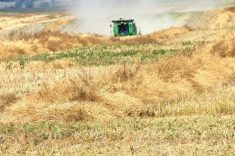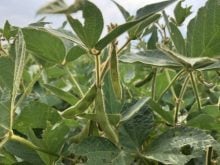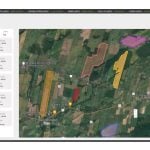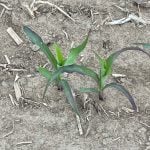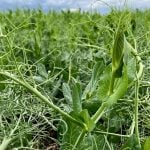Saskatchewan’s regional colleges are to become home to new training programs for workers on the province’s farms, starting with a crop production course in March.
The provincial and federal governments on Wednesday launched the pilot for an Agricultural Operator Program: three modules on seeding, spraying/scouting and harvest, to be delivered at Parkland Regional College in Yorkton.
More modules are to be developed for the livestock industry, including haying, beef cattle reproduction and calving, and cattle husbandry and handling, the province said.
Read Also
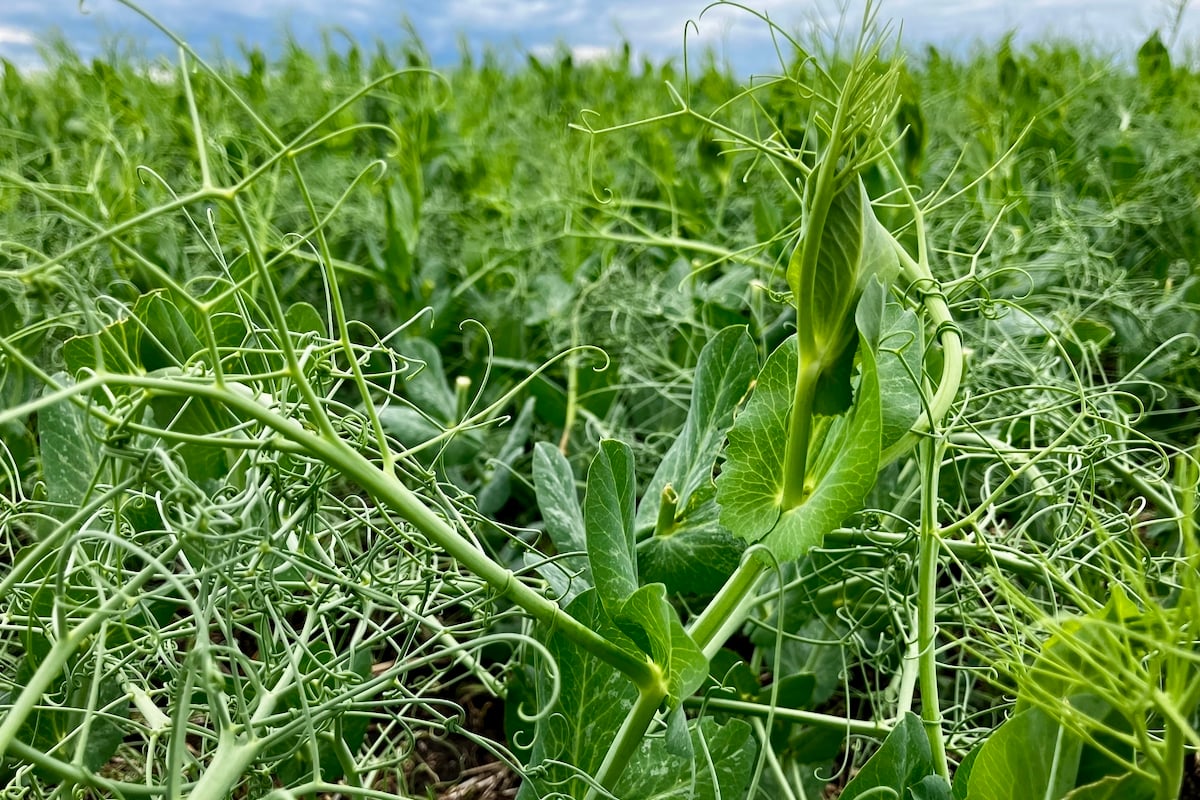
India slaps 30 per cent import duty on yellow peas
India has imposed a 30 per cent duty on yellow pea imports with a bill of lading date on or after Nov. 1, 2025.
Following the pilot program, the province said it will work to expand the program to other regional colleges.
The pilot is designed “to prepare students with little or no agricultural experience to work on grain farms in Saskatchewan.” There’s no program currently meeting that need available in Saskatchewan, the college noted.
The seeding module is to run at Parkland from March 3 to April 16, including 36 hours of “hands-on” workshops and nine hours of online delivery, covering “essential farm knowledge for seeding processes and equipment maintenance.”
The spraying module starts May 26 and the harvest module on July 7, the province said in a release.
“The timing of the modules matches the critical times on the farm, so employees can take the seeding module during the time right before seeding,” Parkland College president Fay Myers said in the same release. “Then they can then put their education to use right away in the field.”
“Producers have indicated that they need more skilled labour for their operations and this program directly responds to their needs,” provincial Agriculture Minister Lyle Stewart said in the release.
“Farmers can send current or potential employees through the program to develop or help fine tune their skills. Additionally, general labourers without a farm background will have an opportunity to gain the experience needed to get involved in the industry.”
Students and employers will have the “flexibility” to choose the entire program or specific modules relevant to their farms, the province said. — AGCanada.com Network


